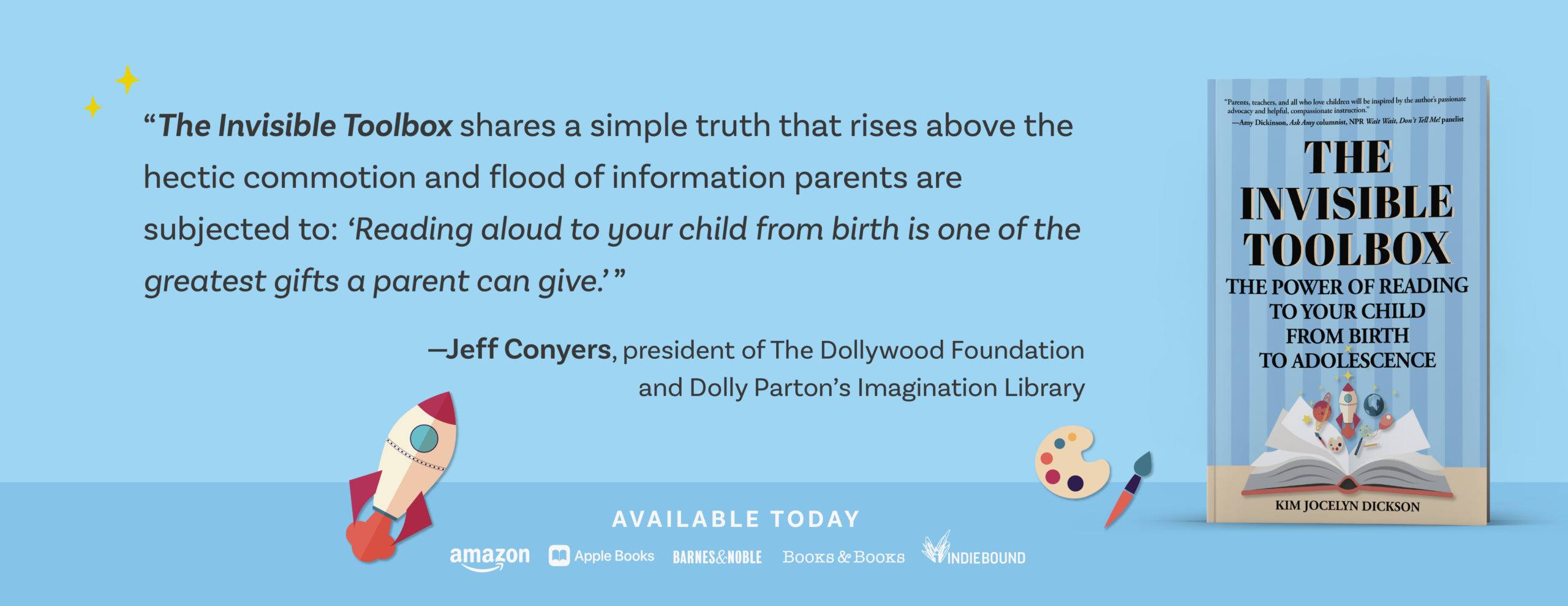 Two-thirds of U.S. Students Currently Underperform in Literacy Proficiency
Two-thirds of U.S. Students Currently Underperform in Literacy Proficiency
Only about one-third of students performed at or above the proficient level in reading in 2015, according to the NAEP, our nation’s report card. The corollary to this is sobering: Nearly 70% of students in the United States are not proficient readers.
Every two years the National Assessment of Educational Progress (NAEP) tests “representative samples of approximately 279,000 fourth-graders and 273,000 eighth-graders. Results are reported for public and private school students in the nation, and for public school students in all 50 states, the District of Columbia, and Department of Defense schools. In addition, results are available for 21 participating urban districts.” (nationalreportcard.gov)
Dire Predictions
- “…if static literacy levels continue , then by 2030 the entire Literacy Level of the U.S. population will have decreased, creating an American work force that is unequipped and unskilled to work in the demanding global market.” Educational Testing Service (ETS) (Fact About Kids and Reading. balanced reading.com/Scholastic_reading_facts)
- “Literacy problems in the United States have reached the point of being considered a major public health problem with serious consequences.” Dr. Margot Kelman, The American Speech-Language Hearing Association (Literacy Development in Infants and Toddlers: Research Findings. speech pathology.com).
Targeted Solutions
Our efforts to raise the literacy level in the United States must be targeted where learning begins—in infancy. It is no wonder the American Academy of Pediatrics now recommends that all parents read aloud to their children from birth. Recent findings in brain science prove that infants begin learning at birth and that their senses of touch and hearing actually begin developing en utero (Susan Brink: The Fourth Trimester: Understanding, Nurturing, and Protecting an Infant Through the First Three Months). Physicians and health services in obstetrics and maternity must follow their lead. Right alongside classes on baby care and breastfeeding, parenting education should include the importance of reading, speaking, and singing to a newborn.
